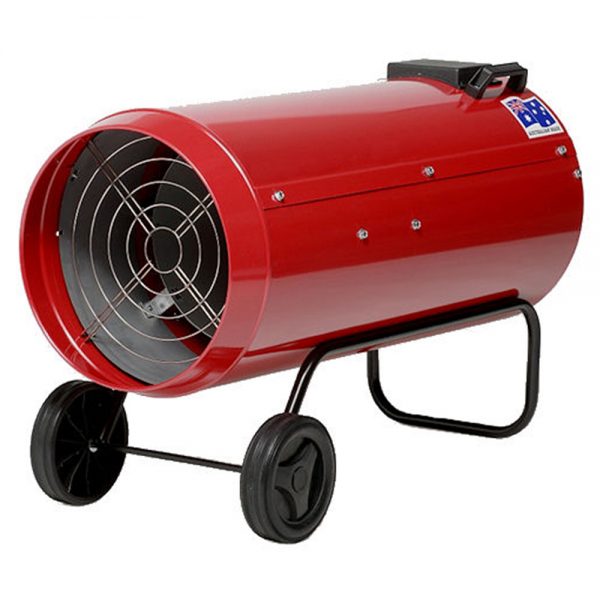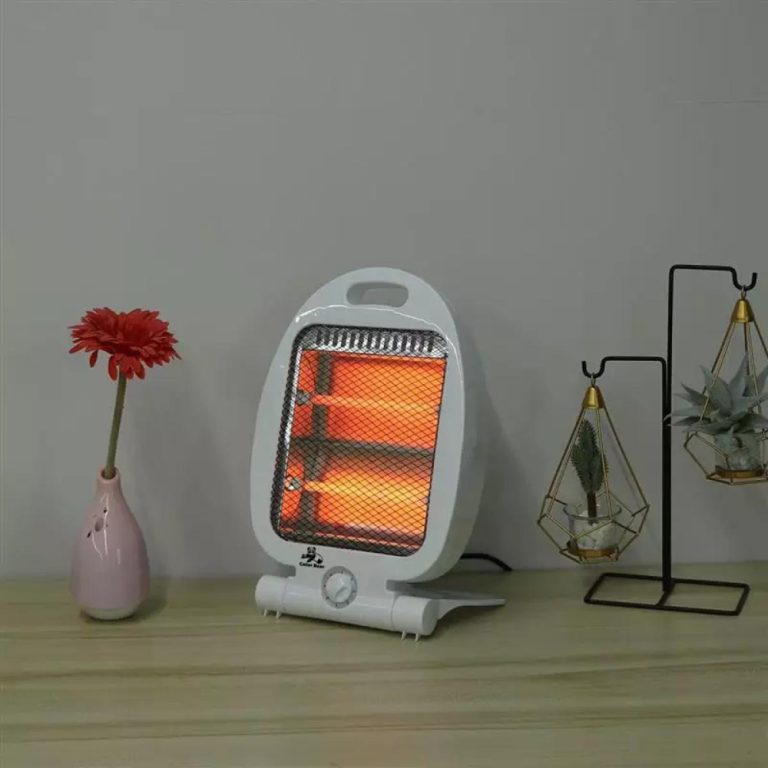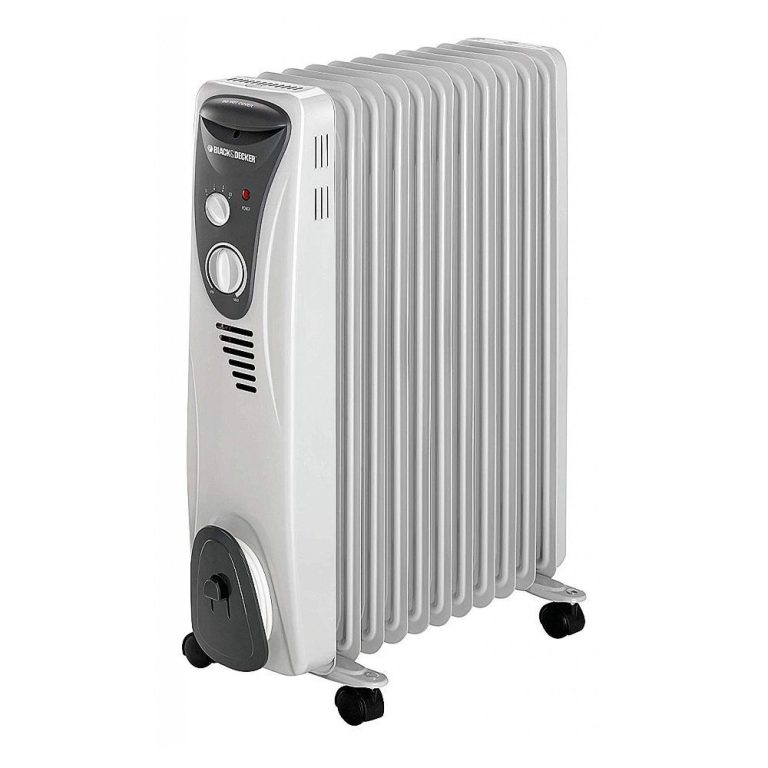Heating costs can take a significant chunk out of your household budget, especially during the colder months. One of the key decisions you face when it comes to heating is whether to choose a radiator heater vs space heater. Each type of radiator heater vs space heaterhas own set of advantages and costs. This article will dive into the specifics to help you determine which option is more cost-effective for your situation.
Understanding Radiator Heaters
How Radiator Heaters Work
Radiator heaters use oil or water to generate heat. The liquid inside these heaters is heated by electricity and then radiates warmth throughout the room. Radiator heaters are slow to warm up but retain heat for an extended period, even after they are turned off. This makes them efficient for maintaining consistent warmth.
Radiator heaters are often praised for their silent operation. They do not have fans or blowers, which can make noise. This makes them suitable for bedrooms or study rooms where a quiet environment is essential.
Cost of Operation
The initial cost of radiator heaters can be higher compared to space heaters. However, they tend to be more efficient over time. Once heated, the oil or water retains heat for a long period. This means the heater doesn’t have to work as hard to maintain the desired temperature, reducing electricity usage.
Maintenance is another factor to consider. Radiator heaters require minimal upkeep. Regularly dusting the exterior is often sufficient to keep them running efficiently. The lower maintenance costs and energy efficiency can make radiator heaters a cost-effective choice in the long run.
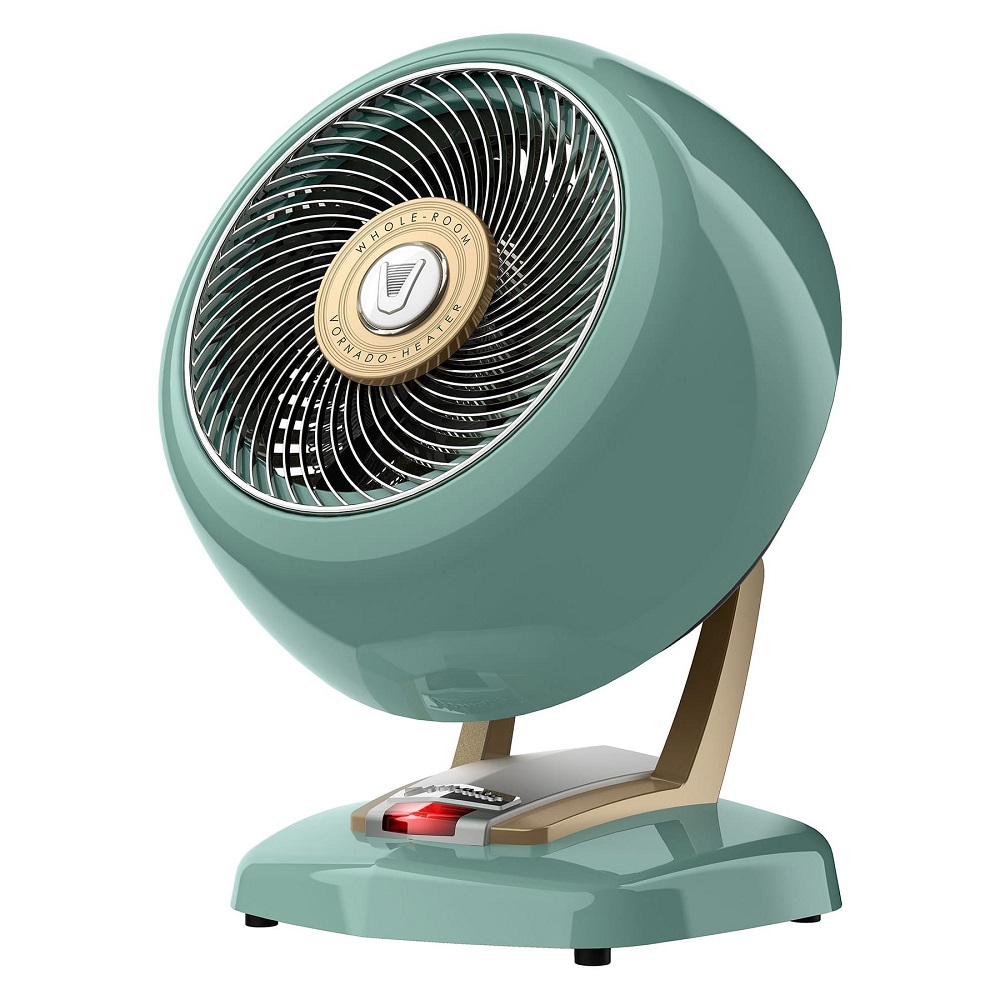
Understanding Space Heaters
How Space Heaters Work
Space heaters generate heat through electrical resistance. They convert electricity directly into heat, offering almost instant warmth. Types of space heaters include ceramic heaters, fan heaters, and infrared heaters. Each type has its own unique method of heat distribution and efficiency.
Space heaters are excellent for quick, temporary heating solutions. They are portable and easy to set up, making them ideal for spot heating. However, they stop producing heat immediately once turned off, making them less efficient for prolonged use.
Cost of Operation
The initial cost of space heaters is generally lower than that of radiator heaters. They are widely available and come in various price ranges. However, their operational costs can be higher, especially if used for long periods. Space heaters consume more electricity since they need to run continuously to maintain warmth.
Maintenance for space heaters is equally important. Dust and debris can accumulate in the heating elements and fans, reducing efficiency and posing a fire hazard. Regular cleaning and inspection are necessary to ensure safety and efficiency, adding to the overall cost of operation.
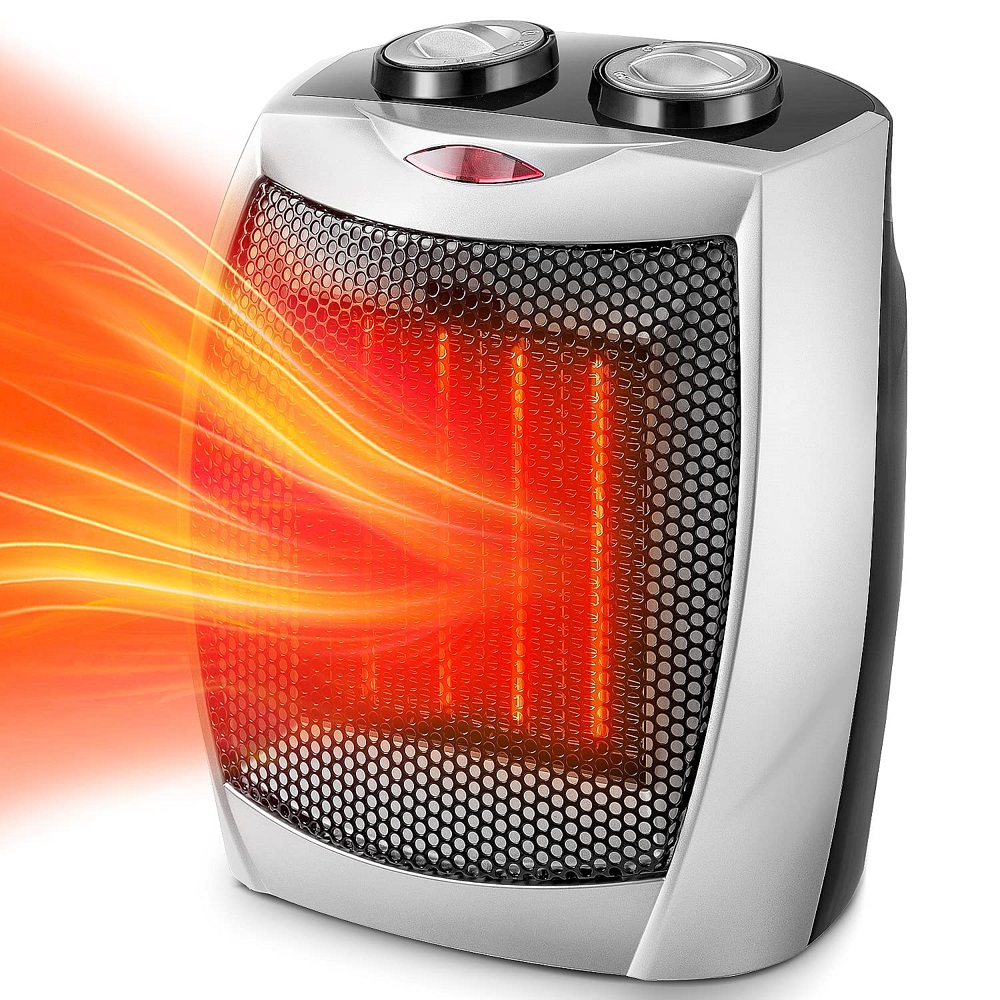
Energy Efficiency
Efficiency of Radiator Heaters
Radiator heaters are known for their energy efficiency. They warm up slowly but retain heat effectively. This means they can stay warm for hours without consuming additional electricity. The gradual and evenly distributed heat makes radiator heaters effective for larger rooms where maintaining a consistent temperature is essential.
Energy efficiency can translate to significant savings on your electricity bill. Because these heaters don’t need to operate continuously, they use less electricity over time, making them a cost-effective option for long-term use.
Efficiency of Space Heaters
Space heaters are less efficient for long-term heating. They provide quick, intense heat but lose warmth as soon as they are turned off. This continuous cycle of heating leads to higher electricity consumption. Space heaters are more suited for short-term or supplemental heating, such as warming up a small area quickly.
Despite their higher electricity usage, space heaters can be cost-effective if used strategically. For example, using a space heater to warm a single room instead of turning up the central heating for the entire house can result in energy savings.
Safety Features
Safety in Radiator Heaters
Radiator heaters have built-in safety features such as automatic shut-off and tip-over protection. The exterior remains relatively cool to the touch, reducing the risk of burns. This makes them a safer option, especially in homes with children or pets.
Because there are no exposed heating elements or fans, the risk of fire is minimized. Regular maintenance, like dusting the unit, helps keep it operating safely. Radiator heaters generally offer peace of mind when it comes to safety.
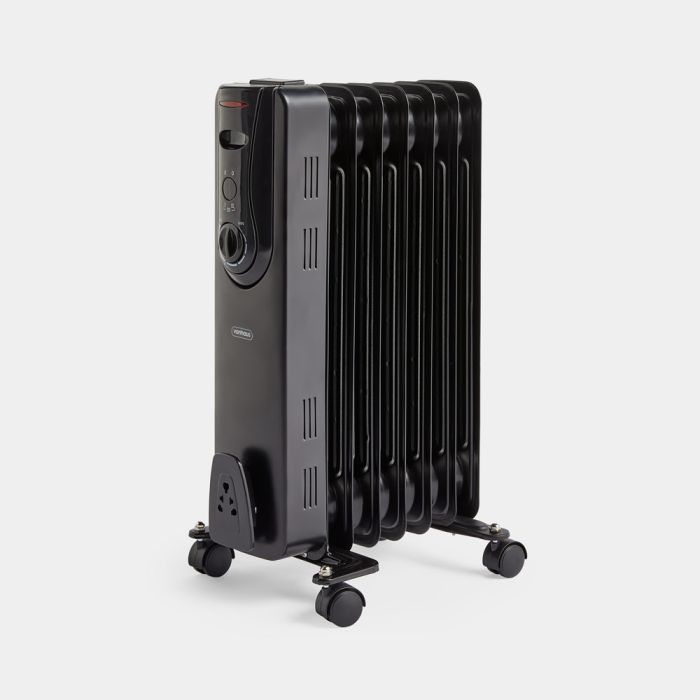
Safety in Space Heaters
Modern space heaters also come with various safety features. These often include automatic shut-off, overheat protection, and tip-over switches. However, the exposed heating elements in some models pose a higher risk of burns and fire. Careful placement and use are crucial to ensure safety.
Space heaters should be kept away from flammable materials and positioned where they cannot be easily knocked over. Regularly inspecting the unit and cleaning it helps maintain safety and efficiency. While space heaters offer quick warmth, they require vigilant safety practices.
Temperature Control
Thermostatic Control in Radiator Heaters
Radiator heaters often come with thermostatic controls, allowing you to set and maintain a desired temperature. Once the heater reaches the set temperature, it cycles off, conserving energy. The oil or water retains heat, providing continuous warmth without additional electricity consumption.
This ability to maintain a consistent temperature makes radiator heaters ideal for prolonged use. You can set it and forget it, knowing that the room will stay comfortably warm without constant adjustment.
Thermostatic Control in Space Heaters
Space heaters with thermostatic controls allow you to set a specific temperature. However, once they reach the set temperature and cycle off, the room can quickly cool down. This necessitates frequent cycling to maintain warmth, leading to higher energy consumption.
Despite this, the quick response of space heaters can be beneficial for short-term heating needs. Adjusting the temperature settings can offer versatility, making them suitable for various heating scenarios.
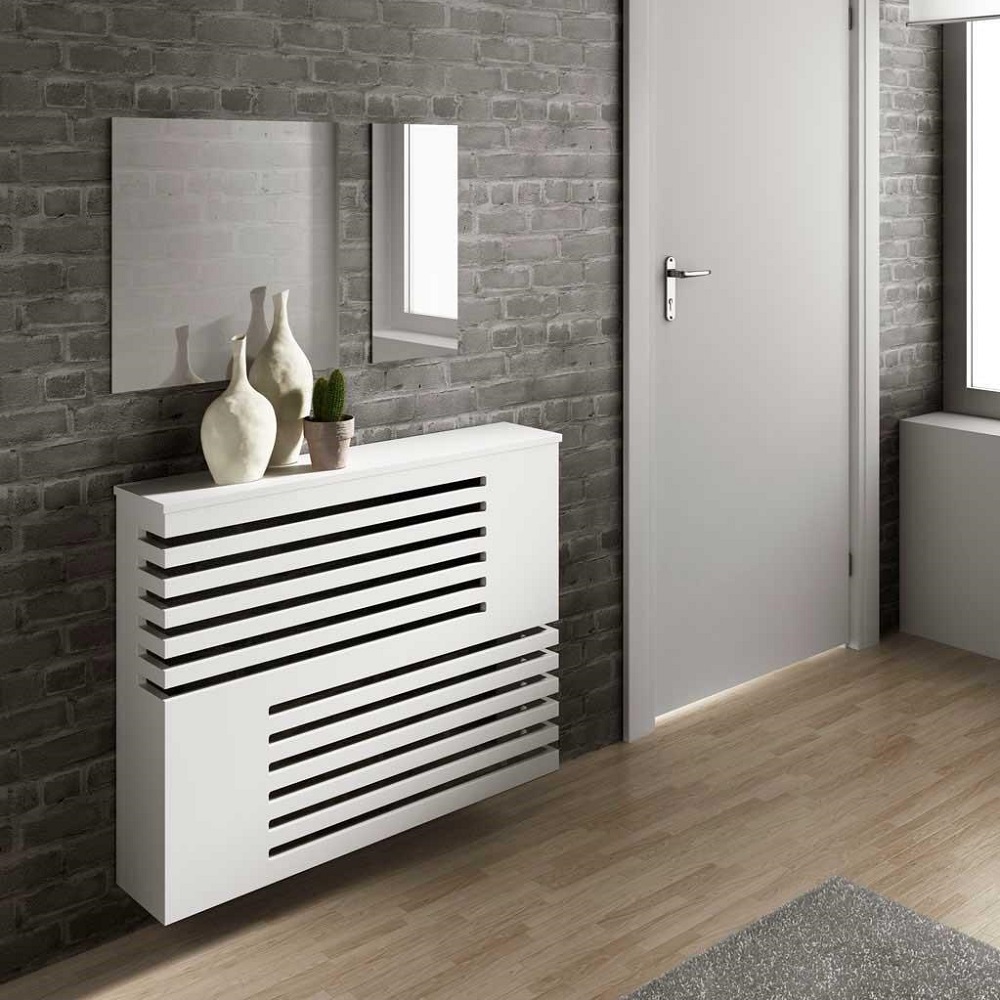
Versatility and Convenience
Versatility of Radiator Heaters
Radiator heaters are portable and can be easily moved from room to room. Their wheels make them convenient to relocate without much effort. This portability allows you to use a radiator heater as needed, enhancing its efficiency by targeting specific areas.
Their low-profile design and silent operation make them suitable for various settings, including bedrooms, living rooms, and offices. Radiator heaters are versatile, offering consistent warmth without much noise or disruption.
Versatility of Space Heaters
Space heaters are highly versatile. Their compact size and lightweight design make them easy to move and position anywhere. Whether you need to quickly warm up a bathroom, bedroom, or office, a space heater can offer immediate comfort.
Many space heaters also come with additional features like oscillation, timers, and remote controls, adding to their convenience. Their flexibility and quick heating capabilities make them a practical choice for varied heating needs.
Environmental Considerations
Eco-Friendliness of Radiator Heaters
Radiator heaters offer an environmentally friendly option for heating your home. Their efficient use of electricity means they consume less power over time, reducing your carbon footprint. The oil or water inside the radiator is sealed, which means there’s no need for refills and minimal waste generated over the heater’s lifespan. Additionally, their ability to maintain warmth without continuous power usage further conserves energy, making radiator heaters a green choice for eco-conscious consumers.
Another environmental benefit is their longevity. Radiator heaters are built to last, decreasing the frequency of replacements and reducing environmental waste over time. By choosing a radiator heater, you invest in a durable, efficient, and environmentally responsible heating solution.
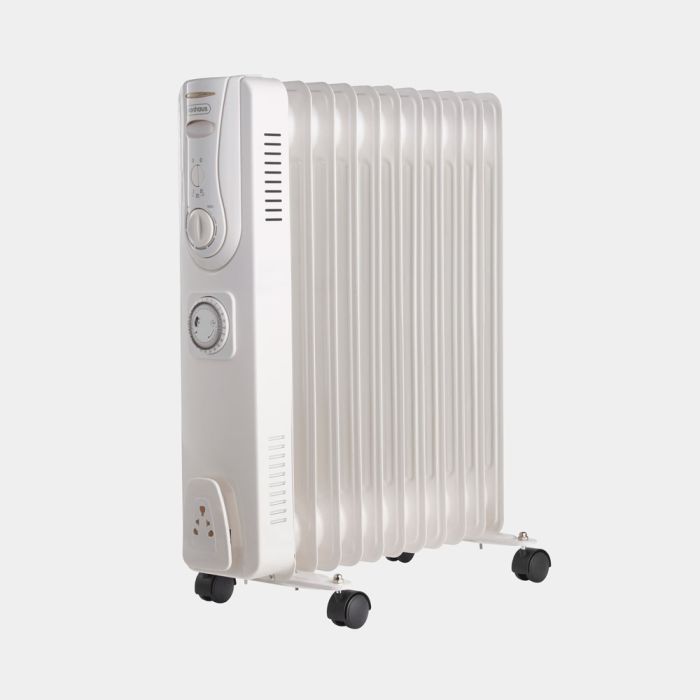
Eco-Friendliness of Space Heaters
Space heaters can also be eco-friendly if used correctly. While they consume more electricity for prolonged use, their quick heating capability can save energy when used strategically. For instance, instead of heating an entire home, you can use a space heater to warm a single room for a short period, which can be more energy-efficient in certain situations.
Some space heaters come with eco-settings that optimize energy use by cycling on and off to maintain a set temperature, reducing overall power consumption. Additionally, newer models are designed with improved energy efficiency standards and safer materials, making them a more sustainable option than older counterparts. By using space heaters wisely, you can minimize their environmental impact and still benefit from their convenience and speed.
Conclusion
Choosing between radiator heater vs space heater heater depends on your specific needs, preferences, and heating goals. Radiator heaters offer efficient, consistent warmth, making them ideal for prolonged use in larger spaces. Their higher initial cost is often offset by long-term energy savings and minimal maintenance requirements.
On the other hand, space heaters provide immediate, intense heat, making them suitable for short-term or supplemental heating. They are generally less expensive upfront but can lead to higher operational costs due to their continuous electricity consumption.
By carefully considering factors such as energy efficiency, operational costs, safety features, and versatility, you can determine which type of heater best suits your lifestyle and budget. Both radiator heater vs space heater have distinct advantages, and understanding these can help you make an informed and cost-effective choice for your home heating needs.
